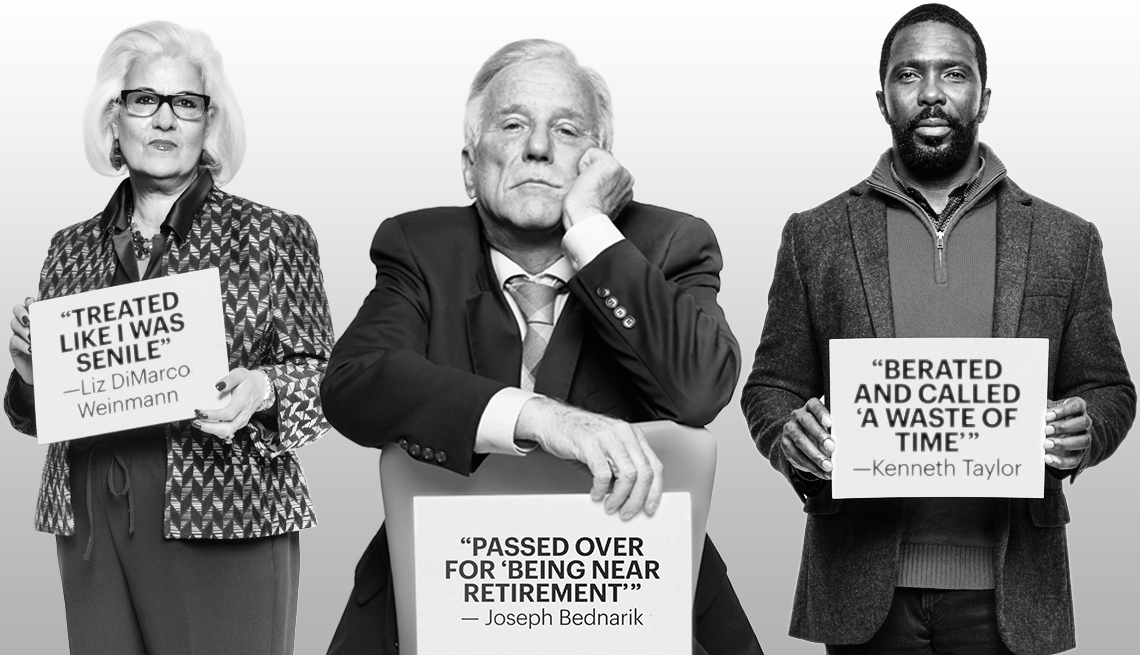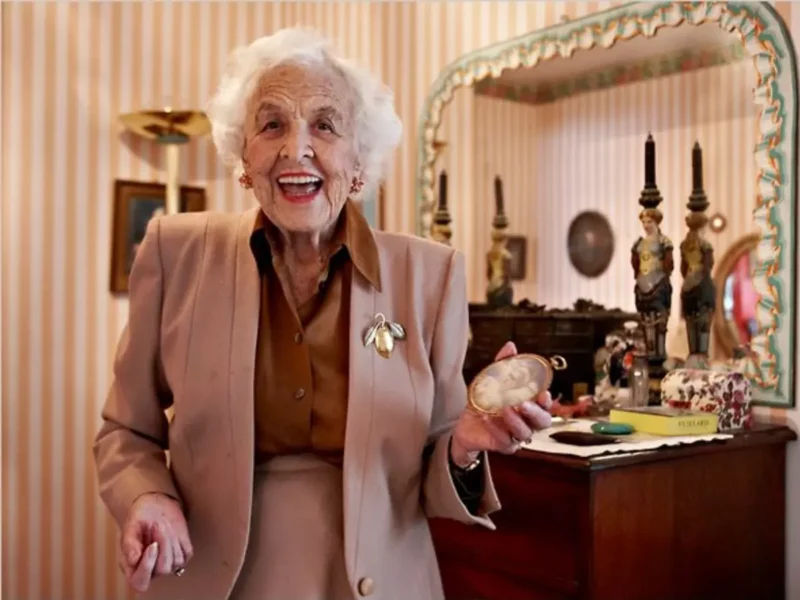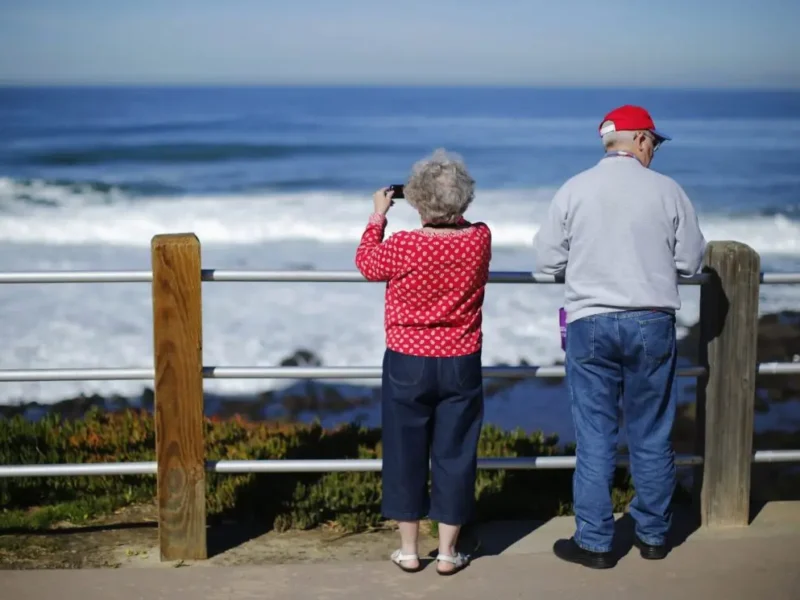Ageism, the discrimination or prejudice against individuals based on their age, is a pervasive issue that affects millions of seniors around the world. While many societies place a high value on youth and innovation, they often overlook the contributions and worth of older generations. In modern society, seniors continue to face barriers in employment, healthcare, social interactions, and even media representation, which raises an important question: Are seniors truly valued?
One of the most prominent areas where ageism manifests is the workplace. As people live longer and stay employed later in life, older workers are often met with unfair stereotypes. Seniors are frequently perceived as technologically outdated, less adaptable, and resistant to change. These misconceptions can lead to discrimination in hiring, promotions, and even layoffs.
Despite this, many seniors have invaluable experience and expertise that can enhance the workforce. However, companies and organizations often fail to recognize the immense benefit of retaining older employees instead of hiring younger workers with fewer qualifications. This limits opportunities for older individuals and deprives industries of the wisdom that comes with years of experience.
Ageism also profoundly affects the healthcare system. Older adults may struggle to access appropriate care or be treated dismissively by healthcare providers. Studies show that seniors are sometimes seen as less capable of making informed decisions about their health, leading to paternalistic attitudes and a lack of respect for their autonomy.
In addition, ageist assumptions about aging, such as the belief that all seniors are frail or mentally diminished, can impact the quality of care they receive. This mindset can lead to underdiagnosis, delayed treatment, or a lack of proper consideration for the unique needs of older patients. The devaluation of seniors in healthcare settings not only undermines their dignity but can also have severe consequences for their health and well-being.
Beyond the workplace and healthcare, seniors also face social isolation and stereotyping. In many societies, youth is associated with vitality and success, while old age is often viewed as a period of decline. This cultural narrative leaves many seniors feeling marginalized, excluded from conversations, or stereotyped as weak, irrelevant, or burdensome.
Social isolation is a significant issue for many older adults, exacerbated by the misconception that they cannot make meaningful contributions. These social and emotional barriers are compounded by physical isolation, especially for those who live alone or in assisted living facilities, where they may not receive the support they need to stay connected with the outside world.
The media plays a significant role in shaping societal views, and unfortunately, seniors are often left out of the picture. Television shows, movies, and advertisements overwhelmingly focus on younger characters and lifestyles. When seniors are portrayed, it is often through negative or stereotypical lenses — as grumpy, frail, or out of touch with modern life.
This lack of representation not only reinforces harmful stereotypes but also diminishes the visibility of older adults in society. By failing to highlight the contributions and vibrancy of seniors, the media perpetuates the idea that they are not as valuable or important as younger generations.
To address ageism, society must begin to rethink its perceptions of aging. Valuing seniors requires recognizing their immense contributions in every aspect of life — from the workforce to the community, healthcare, and media. It’s essential to combat negative stereotypes by celebrating older individuals’ wisdom, experience, and unique perspectives.
Policymakers must also work to create more inclusive environments that support seniors in their daily lives. This includes promoting age-friendly workplaces, improving access to quality healthcare, and fostering communities that encourage social interaction for seniors.
Seniors have a wealth of knowledge, experience, and potential, often overlooked or undervalued in modern society. Addressing ageism requires not just acknowledging the discrimination they face but actively working to create a culture that respects and celebrates older individuals. By challenging stereotypes, promoting inclusivity, and fostering environments where seniors are seen as vital contributors, we can ensure they are truly valued in the society they helped build.



